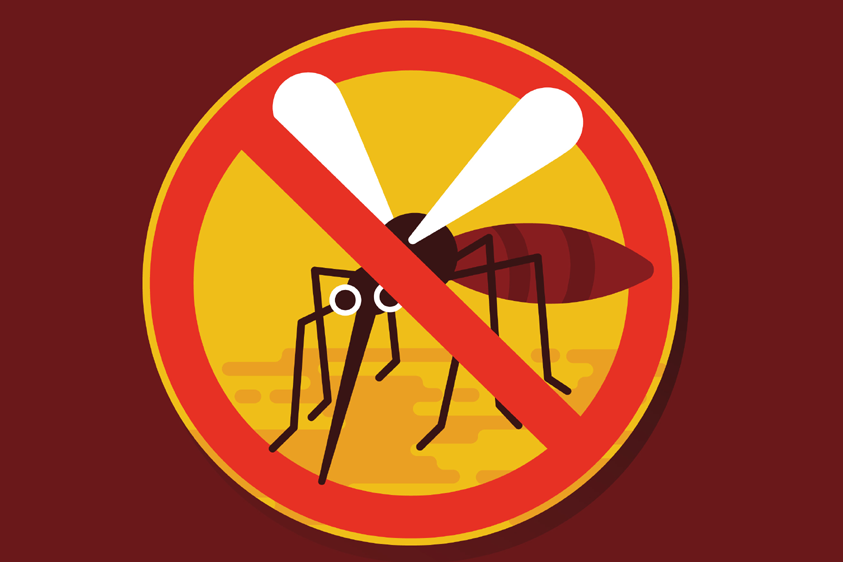
Understanding Dengue: Causes, Symptoms, and Tests
What is Dengue?
Dengue is a viral infection transmitted primarily by the Aedes mosquitoes, particularly Aedes aegypti and Aedes albopictus. This illness is prevalent in tropical and subtropical regions worldwide, especially in urban areas. The dengue virus is a member of the Flavivirus family and has four distinct serotypes, meaning that individuals can be infected multiple times throughout their lives, potentially leading to severe forms of the disease.
Causes and Transmission of Dengue
Dengue is caused by the dengue virus, which is spread through the bite of an infected mosquito. The Aedes mosquito typically bites during the day, making it crucial for individuals living in or traveling to endemic areas to take preventive measures. When an infected mosquito bites a person, the virus enters the bloodstream and begins to replicate, leading to various symptoms and complications.
Symptoms of Dengue
Dengue can manifest in different forms, ranging from mild to severe. The symptoms typically appear 4 to 10 days after being bitten by an infected mosquito. Common symptoms include:
- High Fever: Sudden onset of fever, often reaching up to 104°F (40°C).
- Severe Headache: Intense pain behind the eyes is a common complaint.
- Joint and Muscle Pain: The severe pain associated with dengue has led to its nickname, “breakbone fever.”
- Nausea and Vomiting: Many patients experience gastrointestinal issues.
- Fatigue: General weakness and fatigue can persist even after the fever subsides.
- Rash: A rash may develop a few days after the onset of fever, which can vary in appearance.
- Mild Bleeding: Some individuals may notice symptoms like nosebleeds or bleeding gums.
In some cases, dengue can progress to severe dengue (formerly known as dengue hemorrhagic fever or dengue shock syndrome). This condition is characterized by severe abdominal pain, persistent vomiting, rapid breathing, bleeding gums, fatigue, and blood in vomit or stool. Severe dengue can be life-threatening and requires immediate medical attention.
Tests Required for Dengue
Diagnosing dengue primarily involves clinical evaluation and laboratory tests. Here are the key tests used to confirm a dengue infection:
1. Complete Blood Count (CBC)
A CBC is often the first test ordered when dengue is suspected. This test helps to assess the overall health of the patient and provides valuable information about the blood components. In dengue patients, the CBC may reveal:
- Low Platelet Count (Thrombocytopenia): A significant drop in platelets is common in dengue. Normal platelet counts range from 150,000 to 450,000 platelets per microliter of blood. In dengue, this number may fall below 100,000, indicating an increased risk of bleeding.
- Low White Blood Cell Count (Leukopenia): A reduction in white blood cells is another indicator of dengue infection, as the body’s immune response is activated.
2. Dengue NS1 Antigen Test
The Dengue NS1 antigen test detects the presence of the NS1 protein produced by the dengue virus. This test is useful during the early stages of infection, typically within the first week of illness. A positive NS1 antigen test indicates an active dengue infection.
3. Dengue IgM and IgG Antibody Tests
These serological tests detect antibodies produced by the immune system in response to the dengue virus:
- IgM Antibody Test: IgM antibodies appear about 5-7 days after the onset of symptoms and indicate a recent infection. A positive IgM result suggests that the individual has a current or recent dengue infection.
- IgG Antibody Test: IgG antibodies develop later, around 10-14 days after infection. A positive IgG result indicates a past infection or exposure to the virus.
4. Dengue PCR (Polymerase Chain Reaction) Test
This molecular test detects the genetic material of the dengue virus in the blood. PCR is a highly sensitive and specific test that can confirm an active infection. It is particularly useful for diagnosing dengue in the early stages when antigen and antibody tests may not yet yield definitive results.
Conclusion
Dengue is a serious viral infection that poses significant health risks, especially in endemic regions. Early diagnosis is crucial for effective management and treatment. The combination of clinical evaluation and laboratory tests, including CBC, NS1 antigen tests, IgM and IgG antibody tests, and PCR tests, helps healthcare professionals diagnose dengue accurately. Understanding dengue and its symptoms can empower individuals to seek medical care promptly and take preventive measures to reduce mosquito bites. With appropriate care and monitoring, most people recover from dengue within a week or two, but severe cases require immediate medical attention to prevent complications.
Learn more about Dengue Fever on Wikipedia
